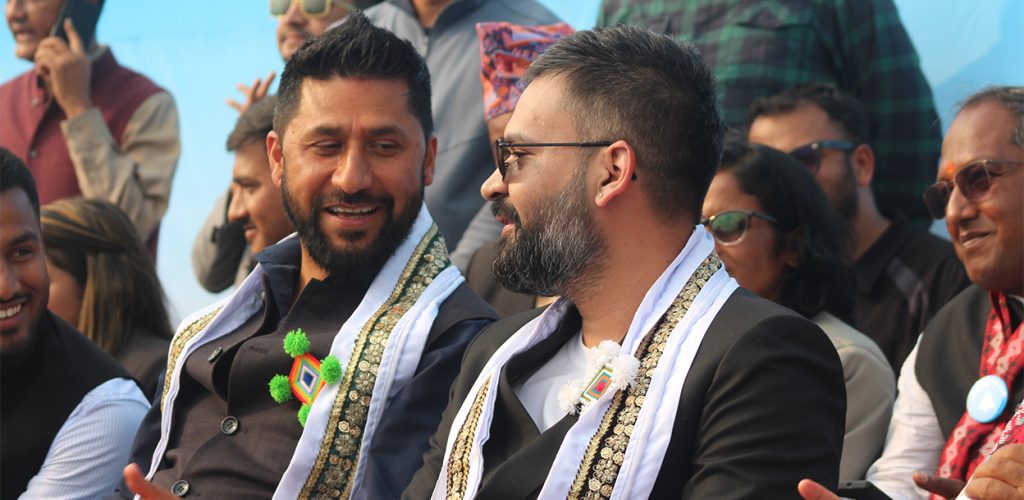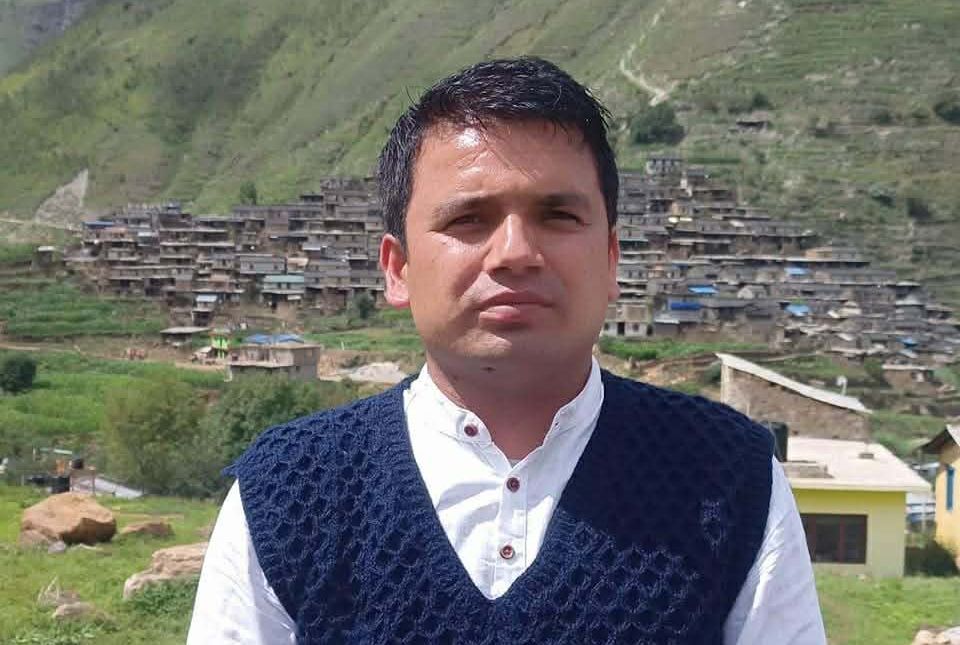
Legal rights are meaningless if people don’t understand them. But why is legal literacy so low in Nepal?
Nepal’s literacy rate has improved a lot in recent years. According to the latest data, around 77.4% of the population can read and write. But even with this progress, many people still don’t know the basics of legal rights and responsibilities. That’s what we call a lack of legal literacy, and it’s a bigger problem than most people realise.
So what exactly is legal literacy, and why is it still so low in Nepal? Here’s what every young person should know.
Knowing legal literacy
In simple terms, legal literacy means knowing your rights, understanding the laws that protect you, and being able to use that knowledge in real life. It does not mean you have to be a lawyer. But it does mean you should know things like:
- What to do if someone treats you unfairly
- How to file a complaint or report a crime
- Where to get legal advice or help
Without this knowledge, people are more likely to be taken advantage of, especially in rural areas or among marginalised groups.
Factors of low legal literacy
Understanding the root causes behind Nepal’s legal illiteracy requires looking at multiple dimensions—educational, social, structural, and comparative.
Despite many useful subjects, schools still overlook legal education. Most students never learn about the constitution, human rights, or how the legal system works. In contrast, countries like Finland and Canada incorporate civic and legal education into primary and secondary schooling, helping young citizens develop legal awareness early. Without similar efforts, Nepali students grow up disconnected from the legal systems that affect their lives.
Nepal’s legal language is complex, formal, and typically not translated into regional languages or simplified formats. This makes understanding legal processes challenging for non-Nepali speakers and the less-educated population. Meanwhile, countries like the UK and Australia provide simplified legal documents and public legal education websites to make laws more accessible to ordinary people.
Women, Dalits, and marginalized groups are often excluded from opportunities that build legal knowledge. For instance, the female literacy rate in rural Nepal remains significantly lower, around 14.2%, than that of men, creating a gendered information gap. Add to that deeply rooted caste-based discrimination and lack of representation in legal institutions, and the barriers to legal literacy become systemic.
Though Nepal’s Legal Aid Act promises free assistance, actual implementation often falls short. Many citizens—especially in rural and remote areas—struggle to access legal services due to the limited presence of legal aid offices, lack of awareness, and logistical challenges.
In contrast, countries like South Korea and Germany provide state-sponsored legal consultation through nationwide legal aid networks, making legal help both accessible and normalized.
In many Nepali communities, speaking up about injustice is considered disrespectful or risky. Even when people are aware of their rights, they are often held back by fear of authority, lack of social support, or fear of retaliation. In contrast, in many democratic societies, civic culture encourages legal engagement through community education, citizen charters, and support systems.
To genuinely improve legal literacy in Nepal, we must not only enhance education and access but also transform social norms, bridge information gaps, and build trust in legal institutions.
For those looking to deepen their understanding of legal matters, Notary Sewa is a trusted notary public and legal platform in Nepal that also offers valuable resources and raises awareness on various legal issues. They publish weekly blogs on a range of legal topics, providing insightful perspectives on Nepal’s legal landscape.
Way out
If we want to increase legal awareness in Nepal, we need to move beyond general suggestions and take actionable, strategic steps that are tailored to the realities on the ground.
Begin legal education from grades 6–12 through civics classes that cover basic constitutional rights, labour laws, digital safety, and everyday legal processes (e.g., filing an FIR or understanding contracts). Supplement theory with mock trials, field visits to courts, and real-life case studies to make it experiential and not just academic.
Translate essential laws and procedures into local languages, and create easy-to-read versions in both print and digital formats. Partner with community radio and local influencers to simplify and spread these messages.
Conduct door-to-door and ward-level legal literacy camps, particularly in rural and marginalised communities. These should not be one-time events but regular, rotating programmes with dedicated legal officers.
Develop short legal explainer videos, interactive mobile apps, and AI-powered chatbots that provide simple legal advice in native languages. Use TikTok, YouTube, and Instagram Reels to reach younger audiences where they already spend their time.
Establish mobile legal clinics and partner with local governments to make legal aid services physically and financially accessible. Incentivise law students and young lawyers to participate through internships and fellowships that contribute to public service.
These are not just policy wishes, they are practical interventions that can bridge the current gap in legal knowledge and create a generation that not only knows its rights but also knows how to defend them.
Why it matters
Legal literacy is not just about laws, it’s about power. When young Nepalese know their rights, they can make better choices, stand up for themselves, and help build a more fair and just society.
For young people, this includes knowing their employment rights, how cyberbullying laws protect them online, and when they are legally allowed to vote or sign contracts.
As a young person in Nepal today, you don’t need to know every law. But knowing the basics of how to protect yourself, where to go for help, and how the system works is a step toward real empowerment.
Improving legal literacy means tackling education, access, and empowerment all at once.





















